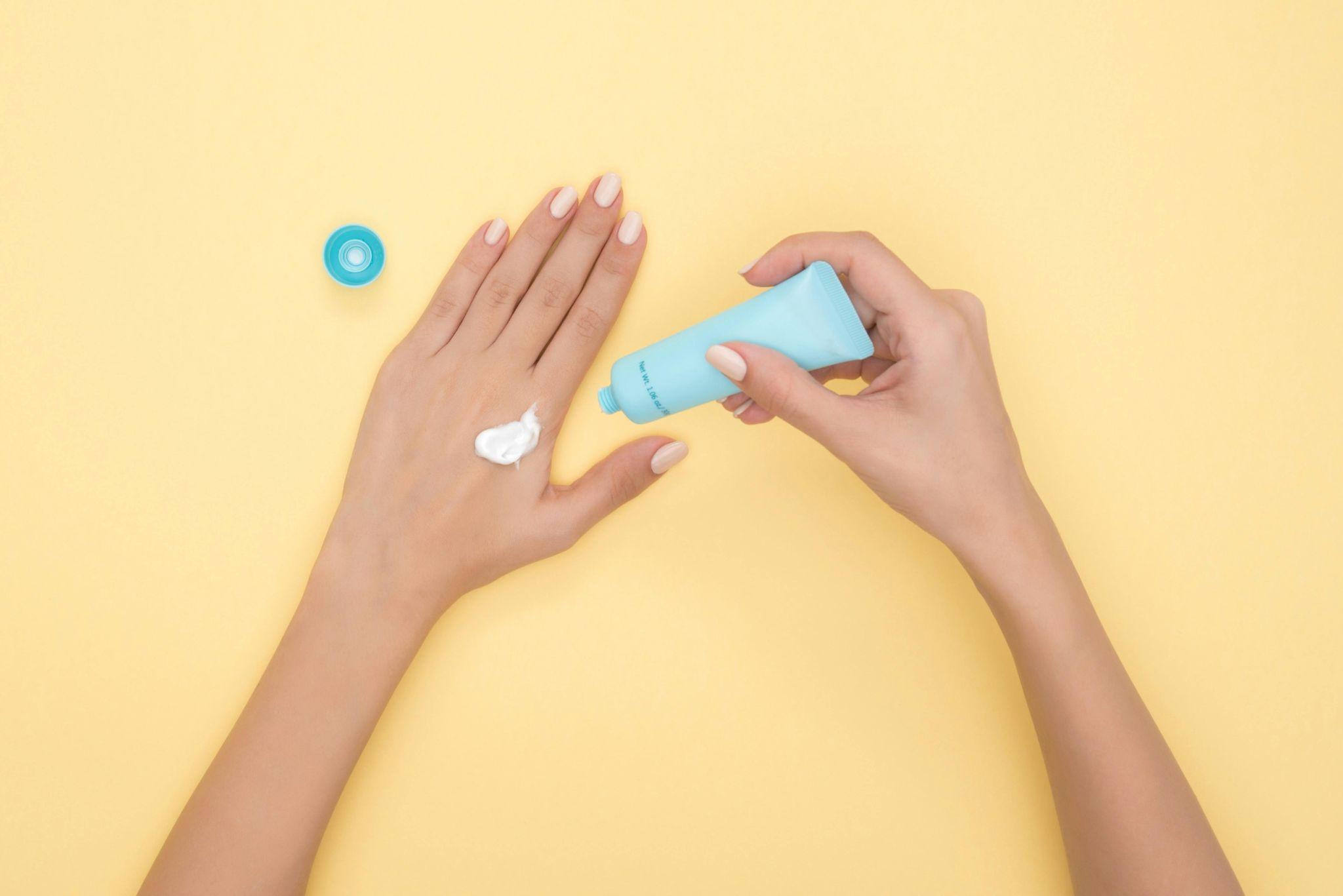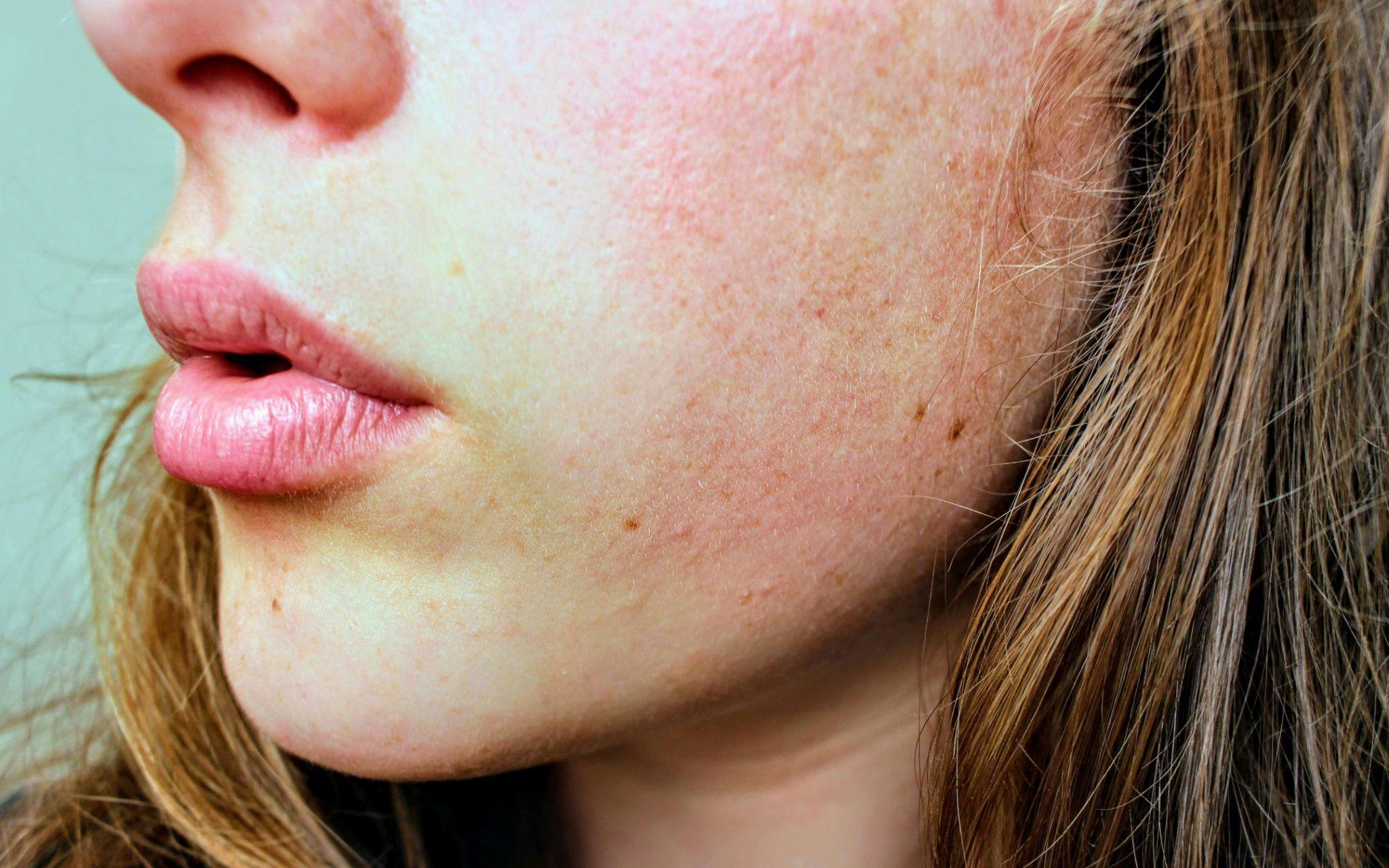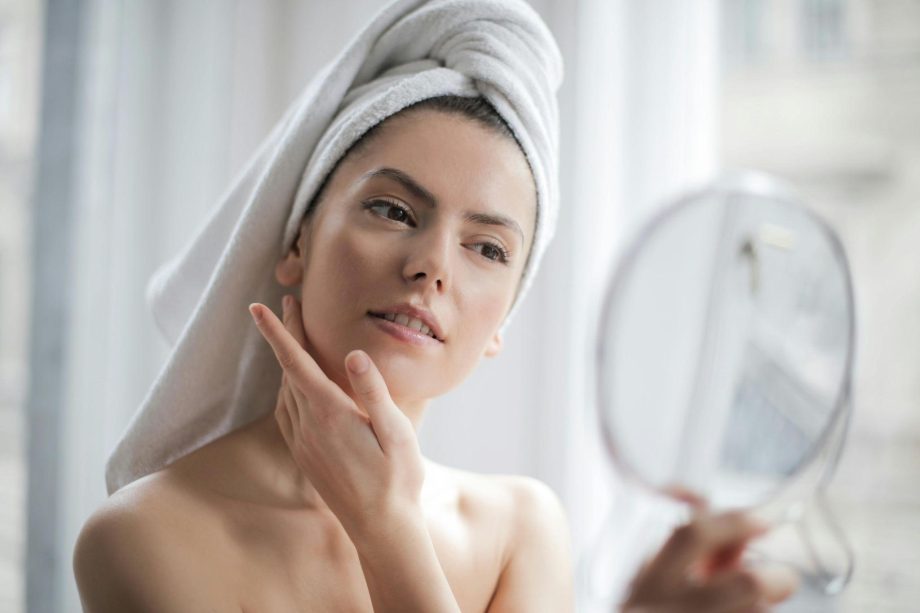Finding your perfect foundation match is like discovering the ideal canvas for your masterpiece. A well-chosen foundation not only enhances your natural beauty but also protects and nurtures your skin throughout the day. Let’s dive deep into the art and science of selecting the perfect foundation for your unique skin.
Understanding Your Skin Type: The Foundation of Beauty
Before you start exploring the vast world of foundations, it’s crucial to understand your skin’s specific characteristics. Your skin type serves as the primary determining factor in choosing the right foundation formula.
| Skin Type | Key Characteristics | Recommended Foundation Types | Ingredients to Look For |
|---|---|---|---|
| Oily | Excess sebum, enlarged pores, prone to shine | Oil-free, mattifying, powder | Salicylic acid, kaolin clay |
| Dry | Flaky patches, tight feeling, fine lines | Hydrating, cream, liquid | Hyaluronic acid, glycerin |
| Combination | Oily T-zone, dry cheeks | Buildable, satin finish | Niacinamide, vitamin E |
| Sensitive | Easily irritated, redness | Mineral, hypoallergenic | Zinc oxide, aloe vera |
| Normal | Balanced, few imperfections | All types suitable | Vitamins A, C, E |
Managing Oily Skin
For those battling excess shine, the right foundation can be a game-changer. Oil-free foundations with mattifying properties help control sebum production while providing lasting coverage. Look for:
- Long-wearing formulas with oil-absorbing minerals
- Foundations containing salicylic acid or tea tree oil
- Powder-to-liquid transformative formulas
- Foundations with a matte finish that won’t clog pores
Nurturing Dry Skin
Dry skin requires special attention to prevent flaking and maintain a healthy glow. Hydrating foundations serve dual purposes – beautifying and moisturizing. Essential features include:
- Cream-based formulas with moisturizing properties
- Products containing hyaluronic acid
- Foundations with natural oils like jojoba or argan
- Dewy finish options that enhance skin’s radiance
Balancing Combination Skin
Combination skin presents unique challenges, requiring strategic foundation selection and application. The goal is to maintain balance across different facial zones:
- Use buildable coverage foundations
- Look for adaptable formulas that work with skin chemistry
- Consider dual-finish foundations
- Opt for products with balancing ingredients like niacinamide
The Science of Skin Undertones
Understanding your skin’s undertone is crucial for achieving a natural-looking foundation match. Unlike surface skin tone, undertones remain constant regardless of tan or seasonal changes.
| Undertone | Characteristics | Best Foundation Shades | Jewelry Test |
|---|---|---|---|
| Warm | Golden, peachy, or yellow | Foundations with yellow or golden base | Gold jewelry looks best |
| Cool | Pink, red, or blue | Foundations with pink or blue base | Silver jewelry looks best |
| Neutral | Mix of warm and cool | Foundations with balanced base | Both gold and silver look good |
Identifying Your Undertone
Several methods can help determine your undertone:
- Vein Test: Look at your wrist veins
- Green veins indicate warm undertones
- Blue/purple veins suggest cool undertones
- Mix of both implies neutral undertones
- Sun Reaction Test:
- Skin tans easily = warm undertone
- Skin burns easily = cool undertone
- Balanced reaction = neutral undertone
Foundation Formulations: Finding Your Perfect Match

Modern foundation formulations offer various options to suit different preferences and needs.
Liquid Foundations
Liquid foundations remain the most versatile and popular choice, offering multiple benefits:
- Easily buildable coverage
- Wide range of finishes available
- Suitable for most skin types
- Excellent for achieving a natural look
Powder Foundations
Powder foundations excel in specific situations:
- Perfect for touch-ups throughout the day
- Ideal for oily skin types
- Great for minimizing pore appearance
- Convenient for on-the-go application
Stick Foundations
Stick foundations offer unique advantages:
- Precise spot coverage
- Travel-friendly packaging
- Perfect for contouring
- Ideal for dry to normal skin
Advanced Application Techniques
The right application method can dramatically improve your foundation’s appearance and longevity.
Professional Application Methods
- Brush Application:
- Use circular motions for even coverage
- Start from the center and work outward
- Build coverage gradually in layers
- Different brushes for different formulas
- Beauty Sponge Technique:
- Dampen sponge before use
- Bounce sponge on skin
- Press and roll for seamless blend
- Clean sponge after each use
Foundation Tips for Long-Lasting Wear
- Prime your skin properly before application
- Use setting powder strategically
- Consider setting spray for extended wear
- Layer products thoughtfully
Seasonal Adjustments and Maintenance

Your foundation needs may change throughout the year. Consider these factors:
| Season | Skin Changes | Foundation Adjustments | Application Tips |
|---|---|---|---|
| Summer | More oil production, darker tone | Lighter coverage, higher SPF | Use primer, set with powder |
| Winter | Drier skin, lighter tone | More hydrating formula | Layer moisturizer, avoid powder |
| Spring | Combination changes | Adaptable coverage | Focus on skin prep |
| Fall | Transition period | Adjust shade gradually | Mix foundations as needed |
Maintaining Your Foundation Collection
- Clean brushes and sponges weekly
- Check expiration dates regularly
- Store products properly
- Adjust shades seasonally
Troubleshooting Common Foundation Issues
Even with careful selection, foundation challenges may arise. Here are solutions to common problems:
- Oxidation:
- Choose foundations with antioxidants
- Test wear time before purchasing
- Consider pH-balanced formulas
- Separation:
- Use proper primer
- Apply in thin layers
- Consider different application method
- Patchiness:
- Exfoliate regularly
- Hydrate adequately
- Use appropriate tools
Advanced Color Matching Strategies
Understanding foundation shade matching goes beyond basic color matching. Let’s explore advanced techniques for achieving the perfect match.
The Lighting Factor
Natural lighting plays a crucial role in foundation matching. Consider these lighting scenarios:
| Lighting Type | Effect on Foundation | Best Testing Method | Common Mistakes |
|---|---|---|---|
| Natural Daylight | Shows true color | Test near window | Best accuracy |
| Fluorescent | Can appear greener | Avoid testing | Color distortion |
| LED | Can appear cooler | Secondary check | Shade mismatch |
| Incandescent | Appears warmer | Avoid testing | Too yellow/orange |
Multi-Shade Blending Technique
Sometimes, one shade isn’t enough. Professional makeup artists often blend multiple shades to achieve the perfect match:
- Use lighter shade for high points of face
- Darker shade for perimeter
- Mix shades for seasonal transitions
- Create custom shade for perfect match
Coverage Levels and Their Applications
Understanding coverage levels helps achieve desired results:
Light Coverage
- Best for: Natural, everyday looks
- Application: Tinted moisturizers, BB creams
- Technique: Fingers or beauty sponge
- Duration: 4-6 hours typical wear
Medium Coverage
- Best for: Professional settings
- Application: Buildable liquid foundations
- Technique: Brush or sponge
- Duration: 8-10 hours with setting
Full Coverage
- Best for: Special occasions, photography
- Application: Heavy-duty foundations
- Technique: Dense brush application
- Duration: 12+ hours with proper setting
Special Considerations for Different Age Groups
Foundation needs evolve with age. Here’s how to adapt:
| Age Group | Skin Concerns | Foundation Recommendations | Application Tips |
|---|---|---|---|
| Teens | Acne, oiliness | Oil-free, non-comedogenic | Light layers |
| 20s-30s | Prevention | SPF, antioxidants | Focus on protection |
| 40s-50s | Fine lines | Hydrating, light-reflecting | Avoid heavy powder |
| 60+ | Mature skin | Moisturizing, luminous finish | Gentle application |
Foundation for Mature Skin
Special considerations for mature skin include:
- Hydration Focus
- Look for moisturizing ingredients
- Avoid heavy matte formulas
- Consider serum foundations
- Application Techniques
- Use upward motions
- Avoid excessive powder
- Focus on gentle patting motions
Environmental Considerations
Your environment affects foundation performance:
Climate-Specific Recommendations
- Humid Climate:
- Use water-resistant formulas
- Consider powder foundations
- Look for long-wearing properties
- Dry Climate:
- Choose hydrating formulas
- Avoid heavy powders
- Consider cream foundations
- High Altitude:
- Use SPF foundations
- Focus on hydration
- Consider tinted moisturizers
Foundation for Special Occasions

Different events require different approaches:
Photography and Video
- HD-friendly foundations
- Light-reflecting properties
- Avoid SPF for flash photography
- Consider long-wearing formulas
Special Event Considerations
- Weddings:
- Waterproof formulas
- Transfer-resistant
- Photography-friendly
- Long-wearing properties
- Stage Makeup:
- Full coverage
- Sweat-resistant
- Strong pigmentation
- Setting spray essential
Foundation Wardrobe Building
Creating a foundation wardrobe ensures you’re prepared for any situation:
Essential Foundation Collection
| Purpose | Type | Finish | Coverage |
|---|---|---|---|
| Daily Wear | Lightweight liquid | Natural | Light-Medium |
| Professional | Long-wearing liquid | Satin | Medium |
| Special Events | Full coverage | Matte/Dewy | Full |
| Touch-ups | Powder/Stick | Various | Buildable |
Investment Considerations
- Quality vs. Quantity
- Cost per wear analysis
- Seasonal shade requirements
- Professional vs. casual needs
Advanced Foundation Mixing Techniques
Professional makeup artists often create custom blends:
Color Correcting
- Green: Neutralizes redness
- Purple: Brightens sallow skin
- Pink: Adds warmth
- Yellow: Balances cool tones
Finish Customization
- Adding Luminosity:
- Mix with liquid highlighter
- Blend with illuminating primer
- Add facial oil for glow
- Adjusting Coverage:
- Mix with moisturizer
- Blend different coverage levels
- Add color correctors
Foundation Storage and Maintenance
Proper storage extends foundation life:
Storage Tips
- Keep away from direct sunlight
- Store at room temperature
- Maintain clean containers
- Check expiration dates
Hygiene Practices
- Clean pump dispensers
- Use spatulas for jar products
- Avoid contamination
- Regular brush cleaning
By implementing these advanced techniques and considerations, you can maximize your foundation’s performance and achieve professional-looking results. Remember that foundation application is both an art and a science, requiring practice and attention to detail for the best outcomes.

